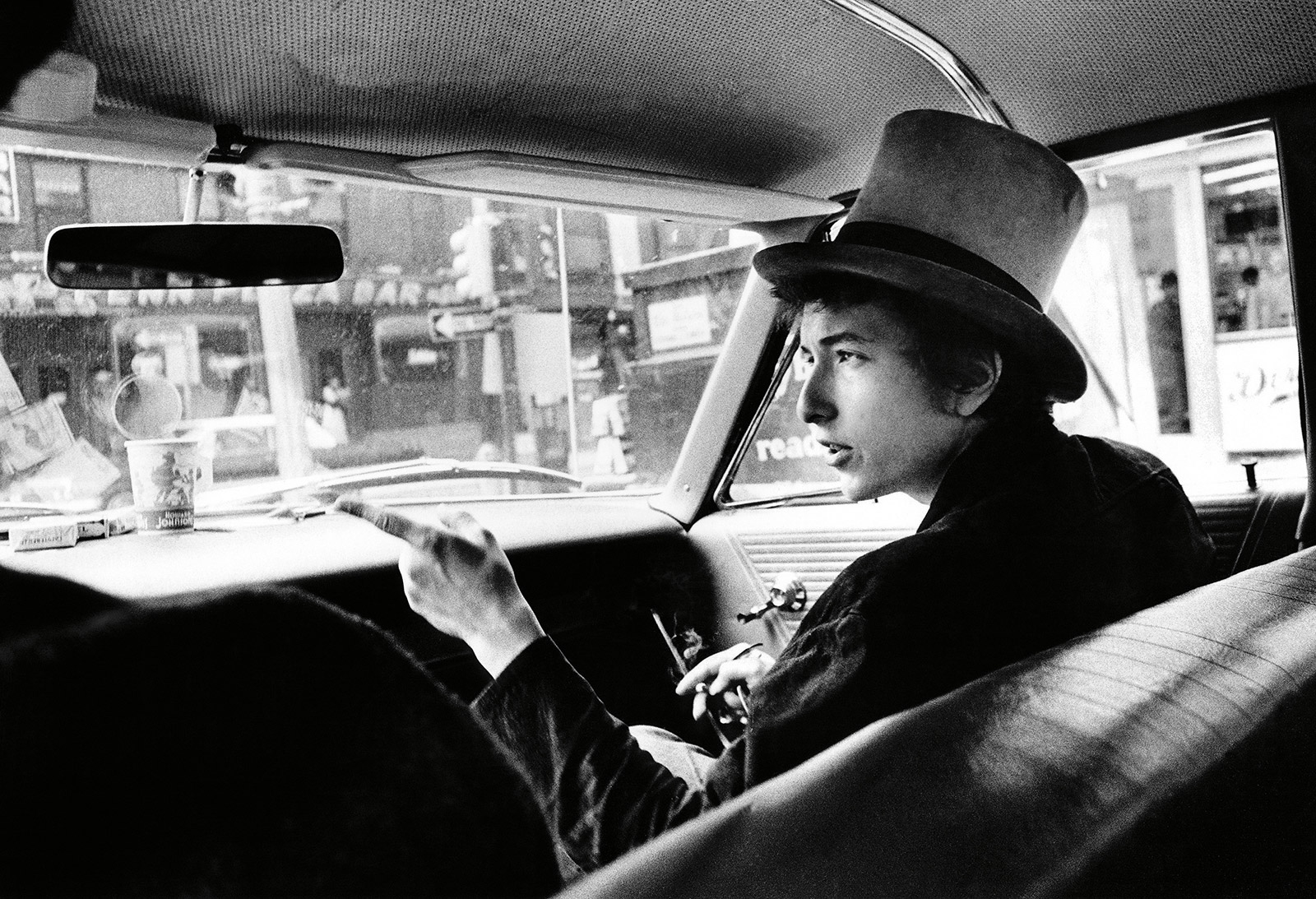Bob Dylan, born Robert Allen Zimmerman in 1941, is a name that resonates with music lovers across the globe. He is widely regarded as one of the most influential figures in the history of popular music, and his career has spanned more than six decades. Dylan's journey is intriguing because he is often described as a singer with "the least talent" by conventional standards. Yet, he managed to rise to the pinnacle of the music industry. This article explores Bob Dylan's early folk music beginnings and the unconventional path that led him to become an icon in the music world.
Bob Dylan's musical journey began in the early 1960s when he arrived in New York City when the folk music revival was in full swing. Inspired by Woody Guthrie and Pete Seeger, Dylan immersed himself in the Greenwich Village folk scene. He became a regular at folk clubs and coffeehouses, where he honed his craft and learned to play the guitar and harmonica.
During this time, Dylan started to gain recognition for his songwriting abilities. His lyrics were often poignant and socially conscious, reflecting the turbulent times of the 1960s. Songs like "Blowin' in the Wind" and "The Times They Are a-Changin'" became anthems of the civil rights and anti-war movements, earning him a reputation as a voice of a generation.
Many critics and fellow musicians didn't see Dylan as a traditionally talented singer then. His voice was often described as raspy and unconventional, lacking the polished vocal range of many of his contemporaries. Yet, it was this very uniqueness that set him apart. Dylan's distinctive voice and poetic lyricism resonated with audiences in a way that transcended traditional notions of vocal prowess.
Dylan's talent lay not in his vocal range or technical skill but in his ability to connect with his audience profoundly and emotionally. His songs spoke to the concerns and aspirations of a generation, capturing the spirit of the times in a way that few others could. His willingness to challenge the status quo and tackle controversial topics in his music made him a cultural icon.
One of the most remarkable aspects of Bob Dylan's career is his ability to evolve and adapt to changing musical landscapes. In the mid-1960s, he shocked the folk music community by "going electric" and embracing rock 'n' roll. This transition led to albums like "Bringing It All Back Home" and "Highway 61 Revisited," which are now considered classics of the rock genre. While some of his folk purist fans were disappointed, Dylan's willingness to break boundaries demonstrated his artistic courage and versatility.
Bob Dylan's journey from a young folk enthusiast to an iconic figure in music history is a testament to the power of individuality and creativity. Despite being labeled as a singer with "the least talent" by some, Dylan's unconventional approach to music paved the way for a new era of songwriting and lyrical depth in popular music. His profound ability to connect with audiences and his willingness to evolve and challenge conventions solidified his place as a cultural and musical legend. Bob Dylan's legacy reminds us that talent is not always measured by conventional standards and that true greatness can emerge from the most unexpected places.















0 comments:
Post a Comment